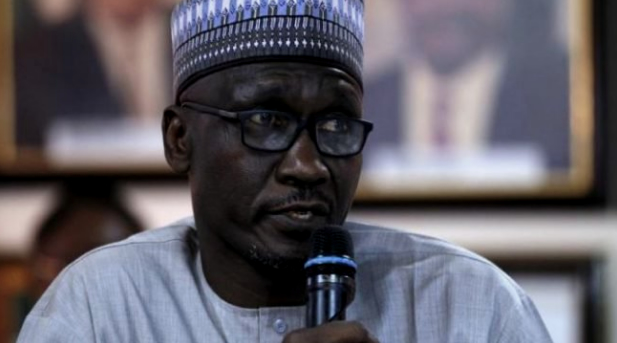By John Ikani
The proposed successor company of the Nigerian National Petroleum Corporation (NNPC), which would be known as NNPC Limited, will be perfecting plans to issue its Initial Public Offer to investors is in the next three years.
Group Managing Director of the NNPC, Mallam Mele Kyari, stated this during an interview with Bloomberg Television yesterday.
The announcement is one of the outcomes of the Petroleum Industry Act (PIA) recently signed on the state-owned corporation in the global market.
According to Kyari, a lot of arrangements still needed to be put in place before any such move could materialise.
What the GMD said:
“We will be in the position to consider any IPO in three years’ time; that is the provision of the law.
“But when you want to get ready for IPO, you need to do things different. You need to get your books correct; you need to recapitalise; you need to shape your portfolio and many more things that you have to do until you get IPO ready.
“Surely, it is not what we will do in 2022 or 2023, probably the earliest consideration will be in three years’ time”.
What you should know:
By the provision of the new PIA, the NNPC as currently constituted, is expected to transition into a fully commercialised business concern in which the public could own shares and take part in its major decisions.
Announcing the development in August, Kyari said: “All liabilities and assets of the NNPC will be transferred to the new company.
“This company will pay taxes, royalties and dividends to its shareholders. This isn’t the situation today because the corporation has no such obligation. This has stalled its development, its growth and its prosperity.
“According to the new Petroleum Industry Act, a new company will be incorporated within six months. That means all assets and liabilities of the NNPC will be transferred to the new company.
“Not all of them, by the way. The bill is very clear. Some toxic assets of the corporation may not be transferred. The federation or shareholders can decide to keep some of the assets and leave some with the corporation.
“Therefore, you are going to have a much more efficient, much more slimmer, much more commercial national oil company.”


































